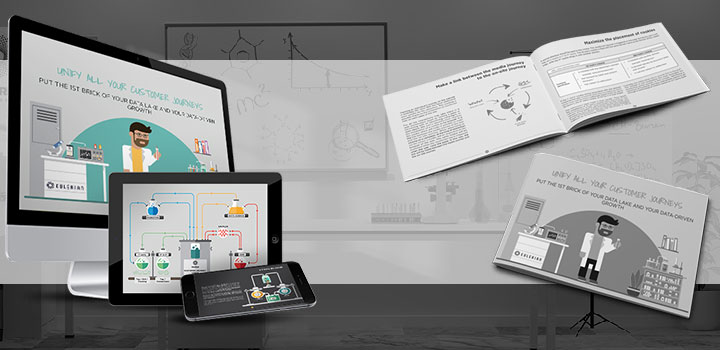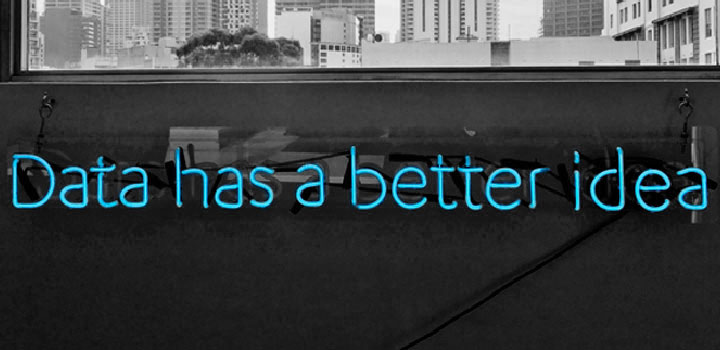Home > Blog > Trucchi > Quali sono i benefici di una raccolta dati centralizzata ?
Today, to grow your business, collecting data is no longer an option, it’s a necessity. Advertisers were not wrong, in 2016, 88% of companies used web analytics [1]. The obstacle to create a unified vision of the client is therefore not the lack of data or interest, but the related technical problems [2]. An inconsistent structuring of data seems to be the main difficulty to overcome.
The overlaying of tools at the heart of the problem of the customer knowledge structuring
With the advent of digital, the collection sources have been multiplied: web analytics, DMP, Tag Management, etc. This multiplication is found within the departments of the same company. So, various tools, with features that sometimes overlap, and most of the time disconnected from each other … A real technological project!
In many cases, this beautiful chaos seems to be due to the lack of reflection on the management of the data upstream of the tooling.
On arrival, customer knowledge is erupted and therefore difficult to orchestrate. Marketing departments must juggle between different costs of licensing, of maintenance on the DSI side or of training. But above all, in the context of people-based strategy, how, through an accumulation of tools, can we obtain a unified view of the consumer?
Restructuring your technological heritage to centralize customer knowledge
Faced with these silos, the challenge would be to rethink the structuring of your marketing stack in order to set up a client database common to all your brands and divisions, and thus to arrive at a single customer repository.
Several questions must be asked:
- What are the functional overlap areas between my different tools?
- Where is the most qualitative and complete data located?
- Which tool gives me access to the precise photography of my customer journeys?
- How flexible can this unified customer knowledge be made available to my partners for my marketing actions?
Tools are not lacking. Of course, each of them has specificities, strengths that it seems essential. However, it is also necessary to consider all these tools in their entirety in order to evaluate the one that will allow you to obtain this unified vision you searched for.
The choice of a collection tool will allow you to restructure your technological assets around a unified data and thus centralize your customer knowledge.
Short and long terms benefits
A centralized customer knowledge feeds the entire marketing lifecycle across all channels and devices. This 360 ° vision allows the implementation of a long-term strategy via a fluid orchestration of actions.
One of the significant benefits of this centralization is financial with the rationalization of infrastructure costs. Fewer tools, less fees, logic.
And the benefits do not stop there. Now think about your teams and the acculturation that could be put in place through a common tool. Think of the communication that could be established between the Marketing and DataScience divisions. The link will be made between these two worlds often dissociated. Your marketing strategy would be more responsive and effective.
Finally, difficult to ignore, the new European regulation will be applicable end of May 2018. Faced with it, a centralized collection will allow you to have a clear vision of the location of your data. The access, their modification or their restitution will also be facilitated. You can easily make sure of your compliance and demonstrate it.
Thus, a unified database could help you streamline your technological ecosystem to fully support all of your campaign management, marketing analytics, and business intelligence needs. Having only one partner would also seem more economical in terms of investments, especially if it can protect you from sanctions that could ultimately cost you.
[1] Baromètre 2016, Converteo



